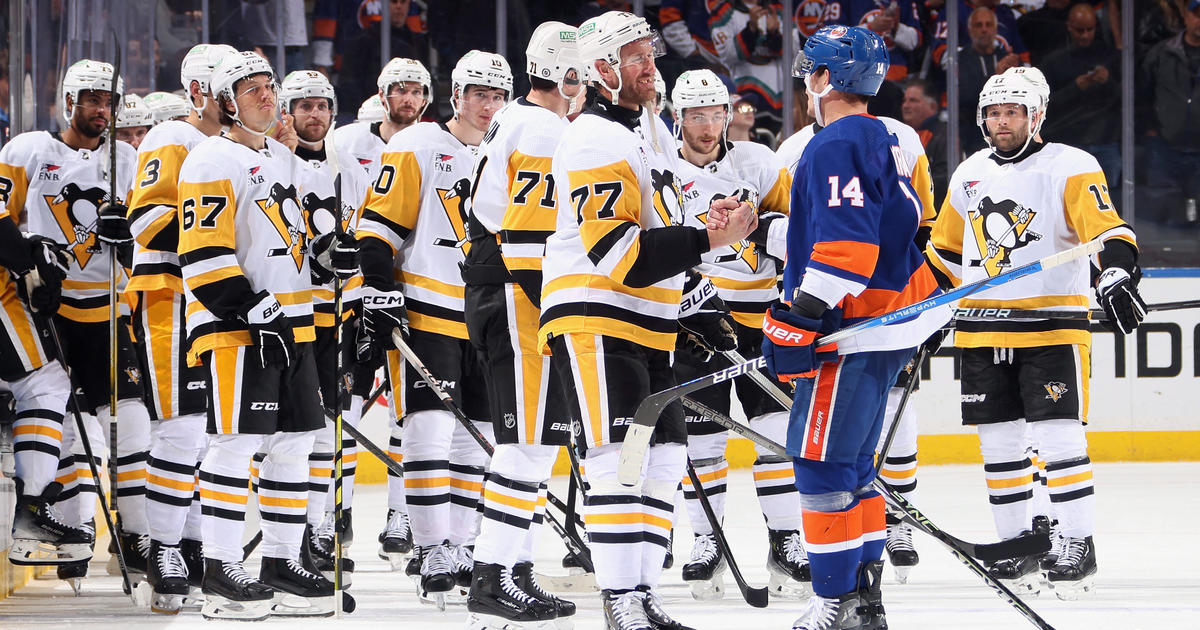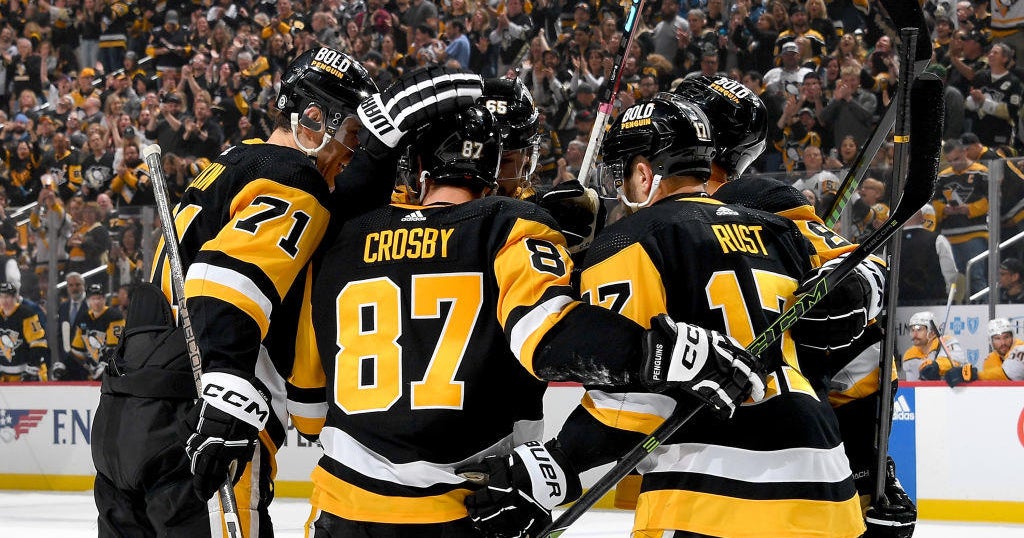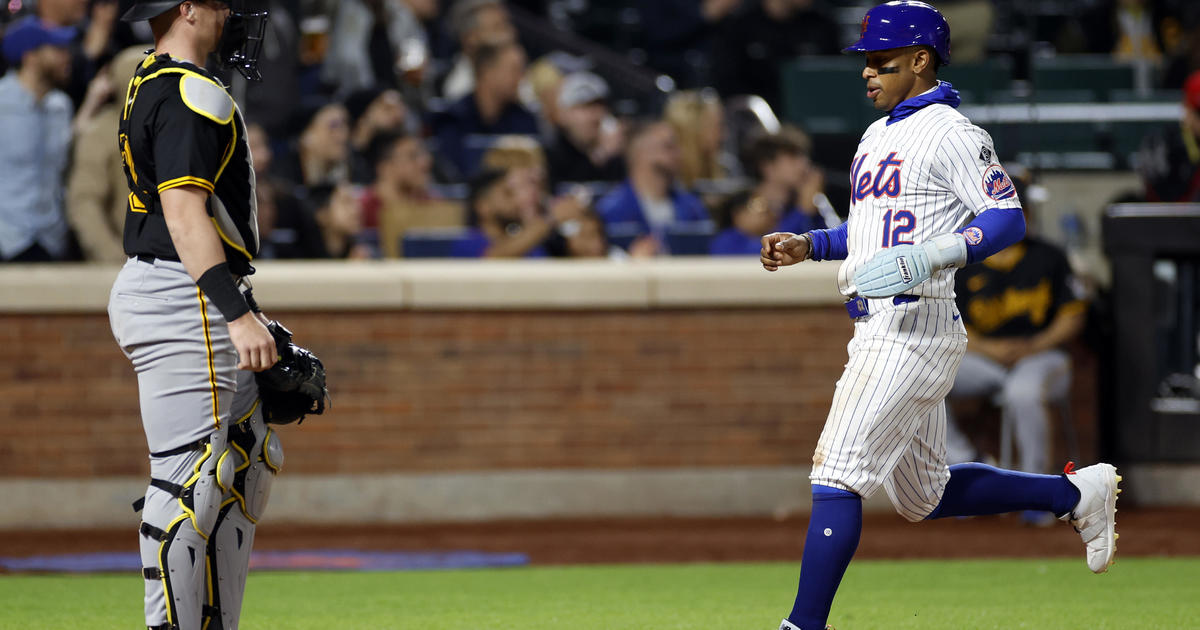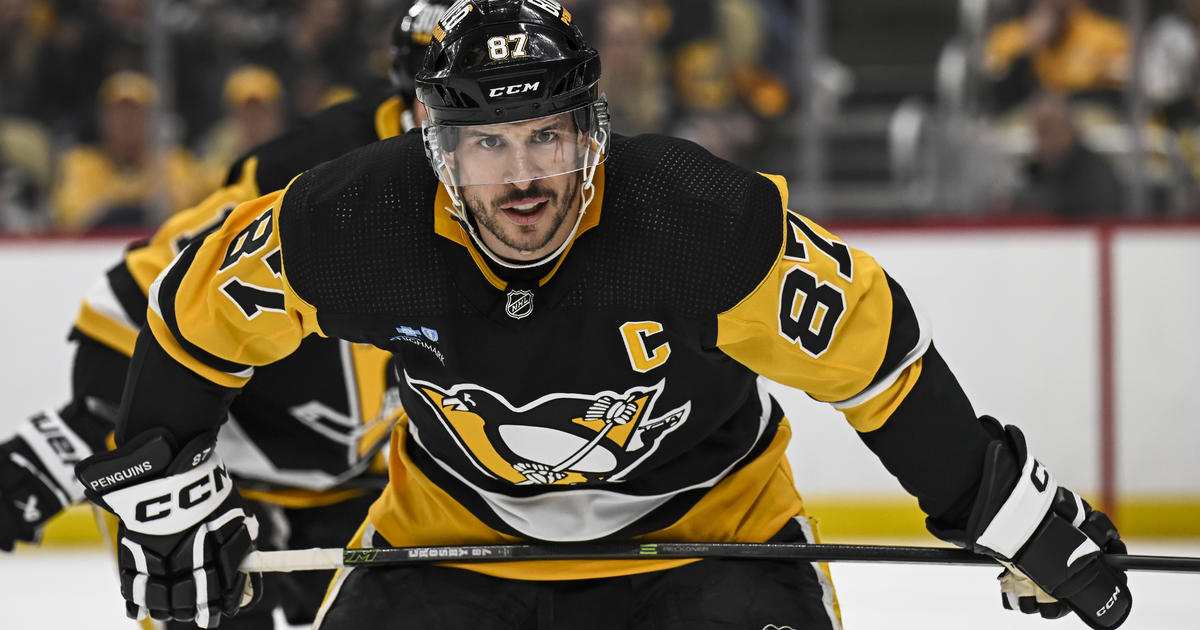Concussions A Concern In Youth Hockey
PITTSBURGH (KDKA) -- Patrick Cobourn has been waiting a long time for this night to come.
This is the night Patrick will finally be back at practice with his Pittsburgh Hornets teammates since suffering a concussion more than three months ago.
Cobourn doesn't remember much of the injury.
"Well I went and skated to the bench and then I like blacked out," he says. "I just remember getting rushed to the hospital."
Unfortunately, these days Cobourn's case has become all too common. As head injuries have reached epidemic proportions in the NHL, it's become just as big of a problem in youth hockey.
Chris Stern is head coach of the Pittsburgh Hornets midget major team.
"I've been doing this 24 years and it increases every year," says Chris Stern, head coach of the Pittsburgh Hornets Midget Major team, "and this year is the worst."
Three players on Stern's 18-and-under team have missed time due to concussions.
"The worst part was being tired all the time," says 17-year-old forward Michael Louria. "I couldn't focus on anything, always had a headache."
It's something Louria's mother, Kim, has come to expect.
"At this point it's something that you know is inevitable, it's coming," she says. "You just hope that it's caught, cured and he's not back out until he's better."
But what makes concussions so frustrating is you never really know when you're all better. Sometimes you don't even know you have a concussion at all.
That's exactly what happened to 16-year-old Chris Shero.
"I ended up playing the rest of that game," Shero says, "and actually I ended up playing seven more games."
Nobody knew Shero had a concussion until his grades dropped suddenly, from all A's and B's to C's and D's. It took him six months to get back to normal and he is only one of four players on the Hornets 16-and-under team that have been lost to concussions over the last two seasons.
And if the name Shero sounds familiar, it should. Chris' father, Ray, has dealt first hand with concussion problems as general manager of the Penguins.
"I think we had six or seven concussions with the Penguins this year, maybe six last year. Obviously the Sidney Crosby thing happened last January and my son – it happened last January.
"So over the last year I've learned an awful lot about concussions and Sidney being our franchise player , my son Chris, he's my franchise player, so you're on top of it as parents," Ray Shero said.
So the question becomes, are there really more concussions today? Or is there simply more awareness of them, so more are being reported? That's where opinions begin to differ.
"I think it's definitely awareness and diagnosis," Ray Shero says.
"I think there's more instances. I think what we're seeing too is more attention to the aftercare," says Jeff Potter, Head Coach of the 16-under Pittsburgh Hornets team.
"It's partially awareness," Stern says, "but it's only 20 percent. I think awareness is when players come back. It's definitely a case of it happening more.
Bigger, stronger, faster doesn't tell the whole story. I have to believe it's equipment. You can literally take a ball bat to an elbow pad and not hurt a player.
"It's not just this level. It's top to bottom. NHL to pee wees. USA Hockey is trying. They're emphasizing head shots. But the numbers aren't decreasing so I don't know what the answer is."
And that's what makes concussions so scary: The unknown. How do you avoid them? How will they affect you? Will these players be forced to give up hockey before they even become adults? It's something Patrick Cobourn must face every time he steps on the ice.
"I can't get hurt again," he says. "This is my fifth concussion - third this year too. If I get any more symptoms, I'll probably have to give it up," Cobourn said. " … It's very scary."
RELATED LINKS:
Pittsburgh Penguins
More Penguins News



